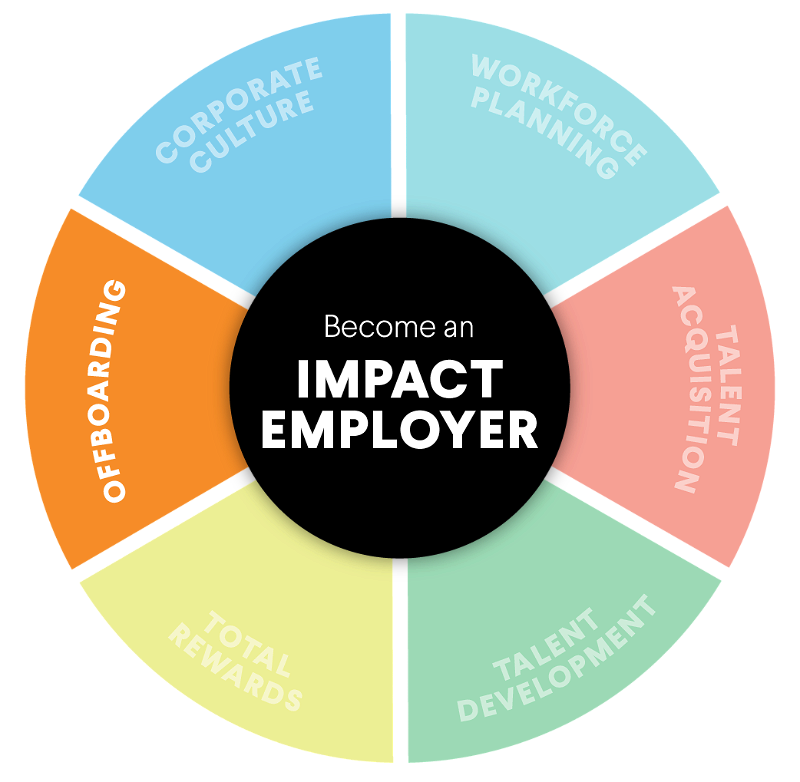Offboarding employees under normal circumstances is tough. Add to it an economic recession, a national health crisis, and a labor market with an oversupply of unemployed individuals, and you’re faced with a dire situation. Corporate leaders are feeling an increased sense of responsibility to help displaced workers land on their feet. Furloughs and layoffs of this magnitude have seldom been experienced, and therefore companies may lack the necessary ethical and equitable internal policies for implementation. And, given the uncertainty around when the COVID-19 pandemic might end and when the economy will rebound, it is very difficult for leaders to make decisions around whether to furlough employees or conduct layoffs.
Relatedly, it can be challenging to make the case internally that spending additional funds on individuals who are leaving the company is a worthwhile investment, especially when the bottom line is already strained. In addition, offboarding in a virtual environment can feel cumbersome and isolating, given that employees may not be able to collect personal effects and/or properly say goodbye to coworkers in person.






